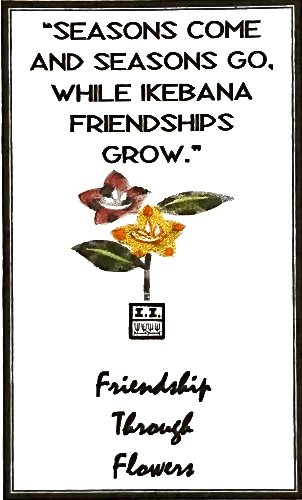

IKEBANA INTERNATIONAL
ASHEVILLE CHAPTER b#74
- …

IKEBANA INTERNATIONAL
ASHEVILLE CHAPTER b#74
- …

Meetings & Programs
Our meetings are held on the 4th Tuesday from February through October except August.
We usually meet in the auditorium of the Folk Art Center on the Blue Ridge Parkway in Asheville, NC at 10:30 A.M. Come a little early to socialize!
All of our meetings are FREE and Open to the Public. Come for a visit and see what we are all about. Our workshops are for I.I. members only.
Folk Art Center
382 Blue Ridge Parkway
Asheville, NC 28805
(828) 298-7928
Contact information:
Go to the Contact Us page and send a message to the webmaster


"Friendship Through Flowers"
Motto of Ikebana International
Program Schedule 2026
All programs are held at the Folk Art Center unless otherwise noted
Workshops are for I. I. Members Only
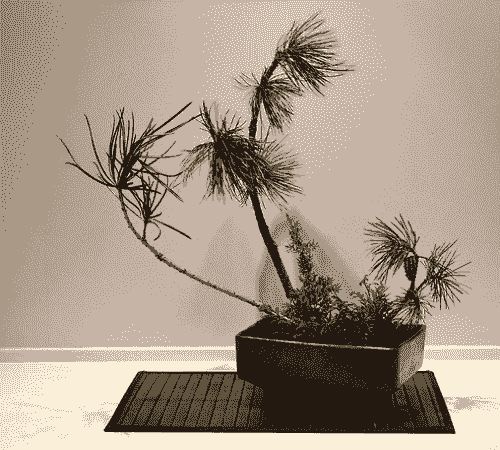
February 24
"Evergreens"
Presented by: Jane Yokoyama, Janet Jaffe, Lynn Bledsoe, and Elizabeth Devereaux. 4 new Ichiyo School Instructors
Evergreen trees have traditionally had a strong position in ikebana. Their sturdy character and the fact that they stay green even in the harshest winter brings a message of hope and stamina. It is possible to create a full ikebana arrangement with local materials even in the wintertime. Evergreen materials calm and inspire with hope for the coming year.
These 4 new instructors will discuss their experience with evergreen materials in Ikebana arrangements. They will demonstrate their favorite arrangement to date, using evergreens.February 24 Workshop
Fee: No charge. Limited to 20 participants.
Workshop attendees will bring a container and their own evergreen materials to experience the joy of winter foliage in Ikebana arrangements. Evergreens will be the focus, but flowers and berries will of course be welcome in their arrangements.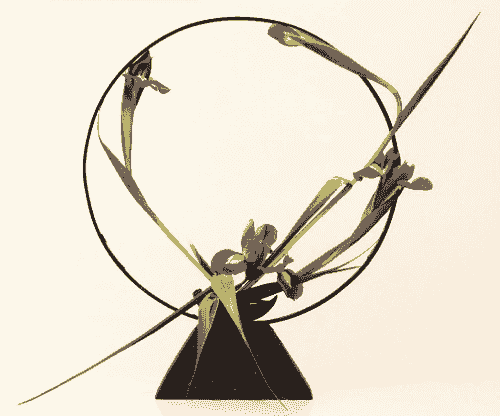
March 24
"Irises""
Presented by: Susan Cano - Sogetsu School, Dede Walton -Ikenobo School, Linda Urell -Ichiyo School
One of the stars of the spring flowers is iris. Their dramatic stature, delicate form and phenomenal colors add strength and elegance to Ikebana arrangements. Using irises, these presenters will make arrangements that exemplify their Ikebana school, so we may all better understand the differences as well as the similarities of the schools of study.
March 24 Workshop
Fee: No Charge. Limited to 15 participants
The workshop will also focus on irises. Bring irises and a container to showcase the spring beauty of the flower.
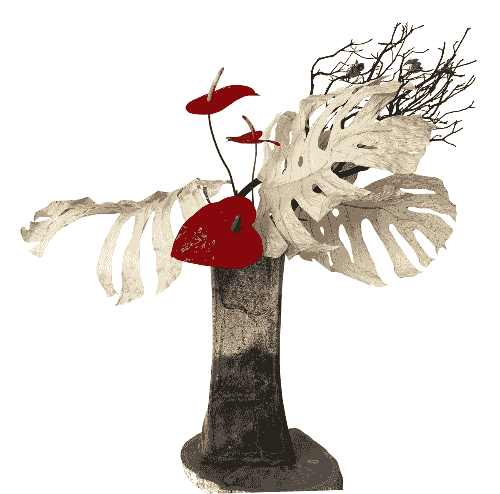
April 28
"Springing Into Ichiyo"
Presented by: Lynn Forbes - Ichiyo School
This demonstration will focus on incorporating various dried, bleached and flowering branches with springtime flowers and greenery depicting the beauty of springtime in our WNC mountains.
April 28 Workshop
Fee: No Charge. Limited to 15 participants
Participants should bring greenery, branches and flowers which depict springtime and chose a form in your school to make in our workshop.
Limit 15
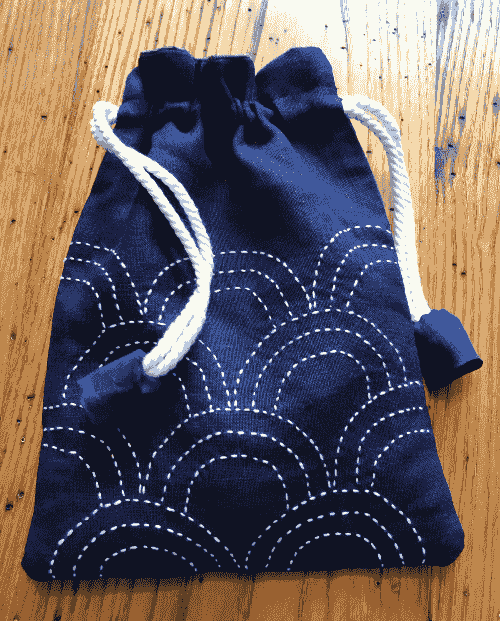
May 26
"Japanese Arts - Shibori, Sashiko and Boro"
Presented by: Barbara Dexter Smith - Sogetsu SchoolThe hour-long program will be a presentation on the historic, Japanese Arts of Shibori, Sashiko and Boro. The history and techniques for each practice will be discussed and examples shown of textiles, projects and quilts incorporating these arts.
May 26 Sashiko Workshop
Fee: $10
Members will have an opportunity to sign up for a 1-hour workshop to learn how to create a Kinchaku bag decorated with Sashiko stitching. Workshop kits include fabric, Sashiko thread, needle, Sashiko pattern, cord, and bag assembly directions.
The Sashiko is hand stitched, and the bag is assembled using machine stitching.
The workshop will include:
-transferring the Sashiko design to fabric.
-instructions on Sashiko stitching.
-instructions on completing the assembly of the bag at home.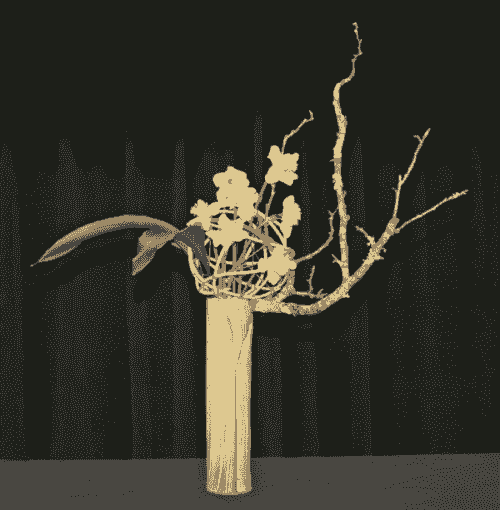
June 23
"Incorporating Cord in Ikebana Arrangements"
Presented by: Patti Quinn Hill - Ichiyo School
Cord can be a creative and expressive addition to our ikebana designs, particularly in freestyle arrangements where experimentation is encouraged. Thoughtfully incorporated, cord becomes more than a functional material — it transforms into a visual and structural element within the composition.
Consider wrapping a branch to emphasize line and movement, creating a delicate web of support that both stabilizes and decorates, or suspending a focal element to introduce dimension and intrigue. Cord can also be used to bundle materials together in an intentional, artistic way, adding texture and rhythm to the arrangement.
June 23 Workshop
Fee: No Charge.
In this workshop, we will explore how cord can become an integral design element in ikebana, particularly within freestyle arrangements where innovation and personal expression are encouraged. Available in a wide variety of sizes, textures, and colors, cord offers endless possibilities. Whether subtle and natural or bold and contrasting, it can enhance balance, unity, and visual interest, contributing to a truly distinctive and engaging outcome.More information to follow to those that are signed up to participate.
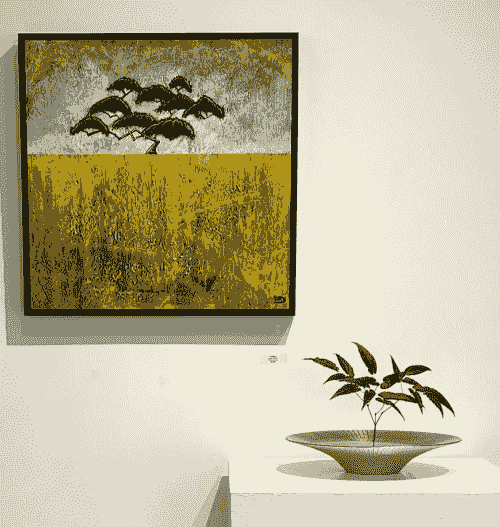
July 28
"Art in Blooom"
Presented by: Laura Felt and Dede Walton -Ikenobo School
Laura Felt and Dede Walton will discuss the origins of Art in Bloom - the interpretation of art - paintings, sculpture, textiles, pottery and more - using floral materials to create a new art form. They will focus on the process from selection of the art to containers, color, materials, and composition.
July 28 WorkshopNo fee, limited to 15. Participants should bring the art they wish to interpret, container and all floral materials.
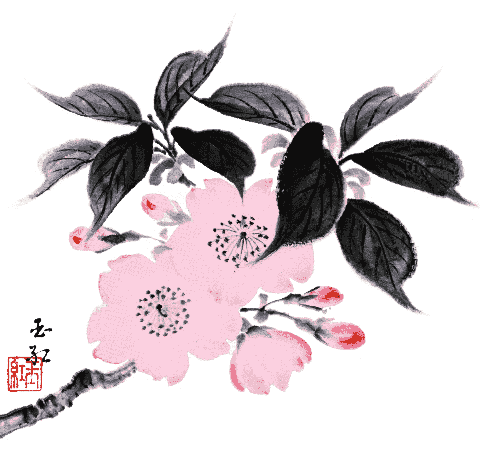
We do not have a regular meeting at the Folk Art Center in August due to our Annual August Luncheon.
Luncheon and demonstration registration coming soon. Guests are very welcome!
August 11
Presented by:
Where:
Cost:
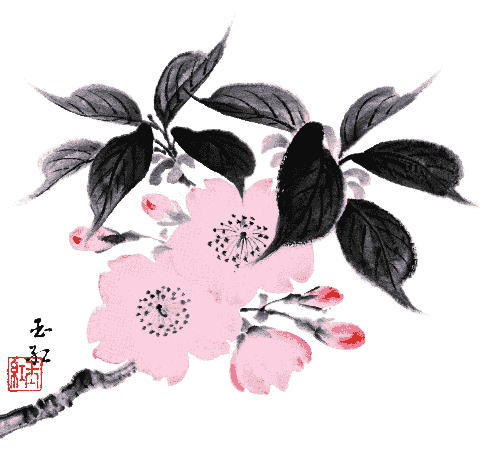
August 12
Workshop #1 -
Presented by:
Time: 10:30 - 12:30
Cost:
Place: The Folk Art Center
Each attendee should bring:
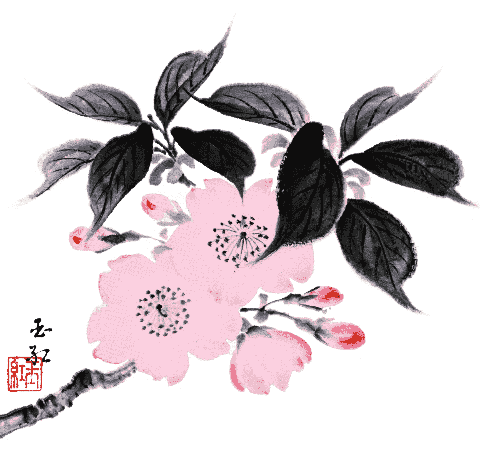
August 12
Workshop #2 -
Presented by:
Time: 1:30 - 3:30
Cost:
Place: The Folk Art Center
Each attendee should bring:
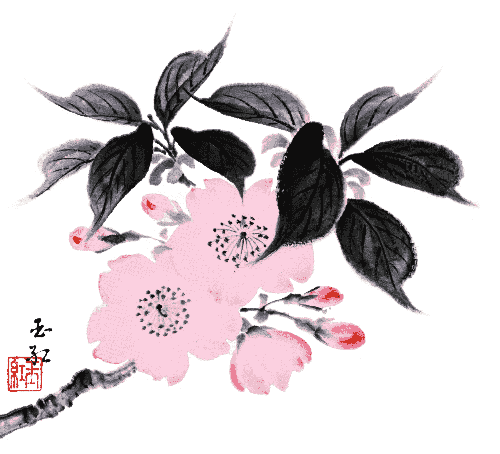
September 22
"TBD"
Presented by: Karen LaFleur-Stewart - Ohara School
Description and photo coming soon.
September 22 Workshop
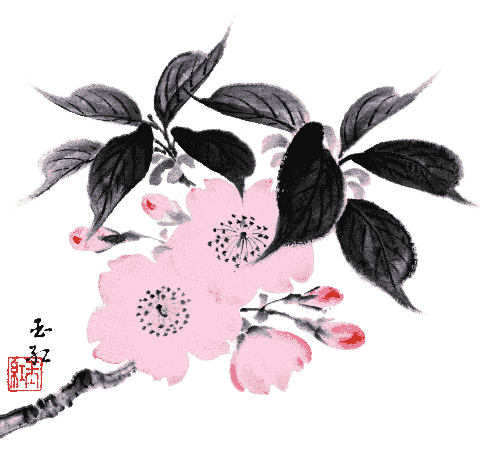
October 27
"TBD"
Presented by: TBD
Description and photo coming soon.
We do not meet the months of November, December or January
About Us
Our Mission is to promote education and friendship through the Japanese art of Ikebana
© 2025 Ikebana International Asheville Chapter #74
Webmaster/Photographer: Patti Quinn Hill

